Resources for Alzheimer’s Caregivers
When it comes to caring for someone with Alzheimer’s disease, it is not uncommon to put your loved ones needs above your own. But a willingness to use all the support available to you is never a sign of weakness. It shows strength, compassion, and an openness to do everything possible to provide the best care for your loved one.
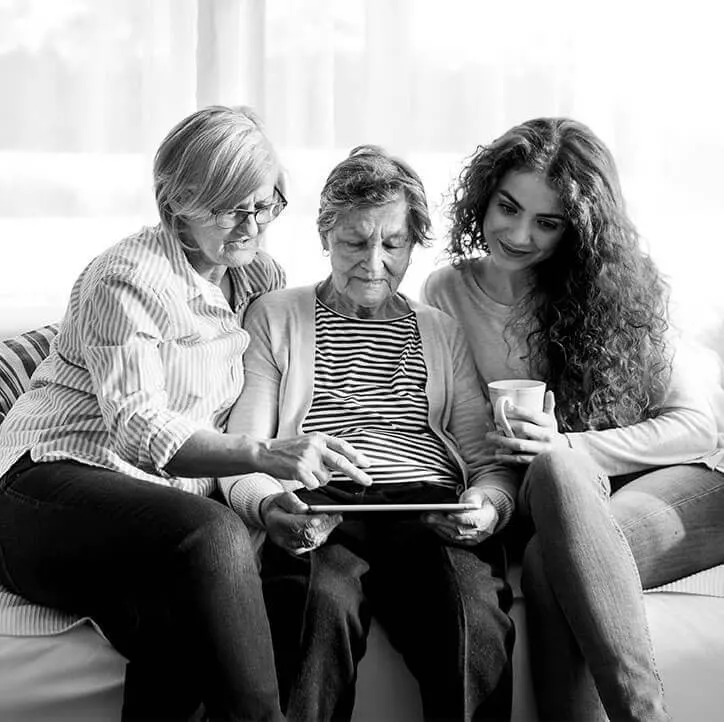

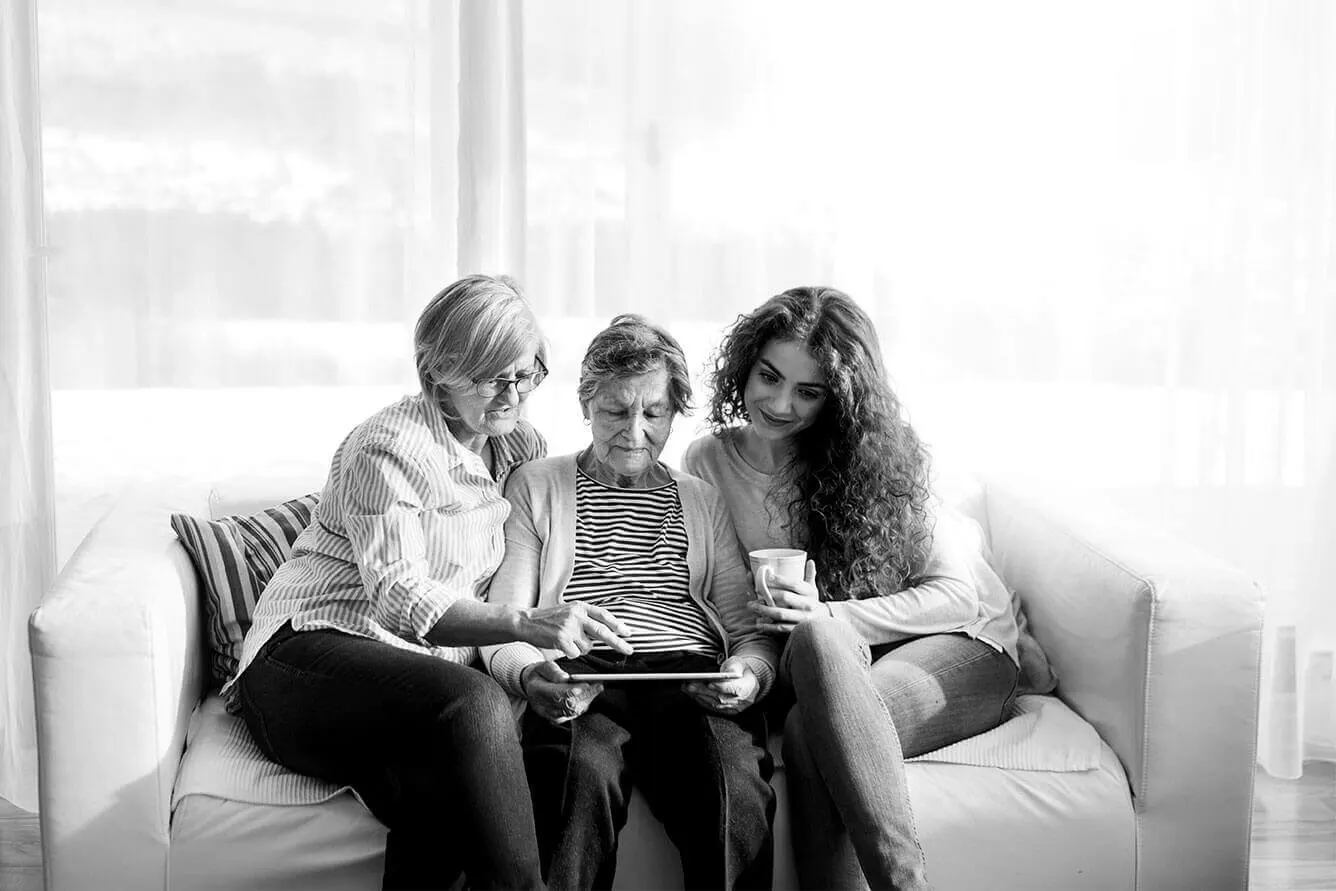
Helping Alzheimer’s Caregivers Care for Themselves
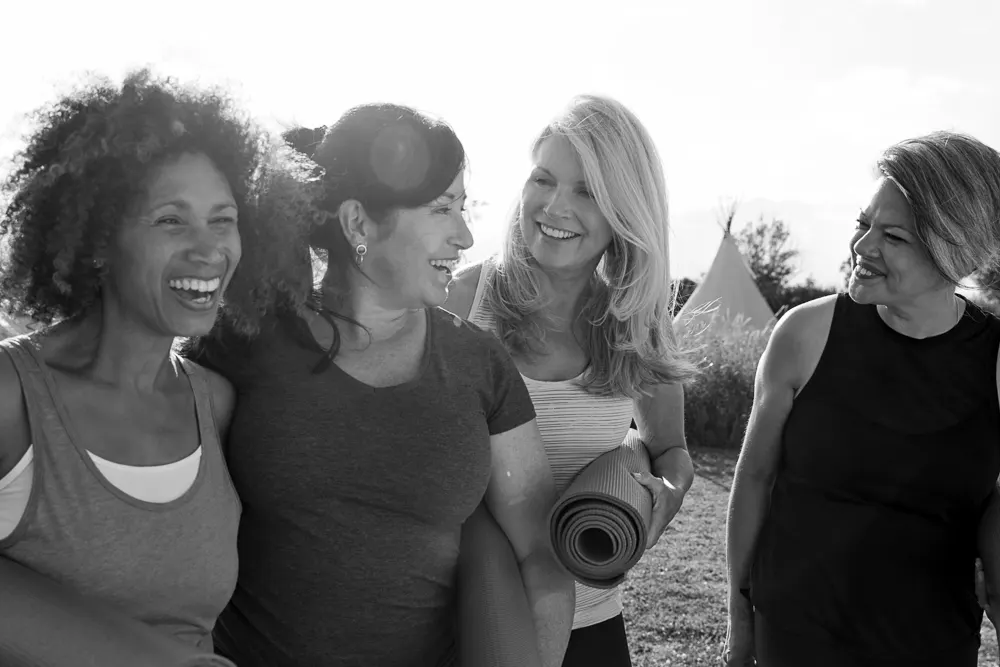
Self-Care Tips for the Alzheimer’s Caregiver
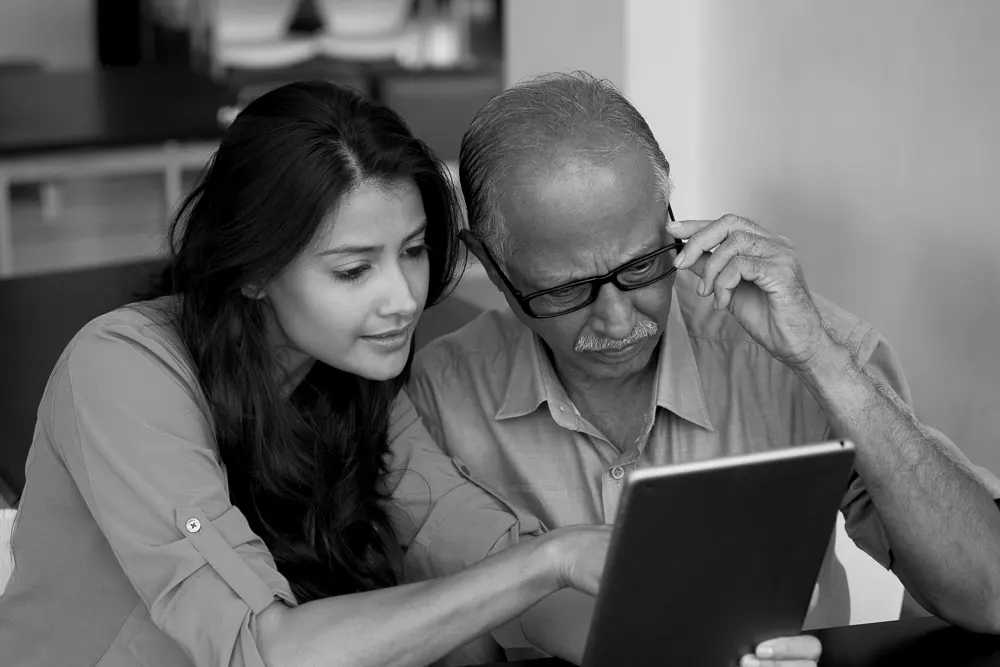
Your Family’s Journey with Memory Loss
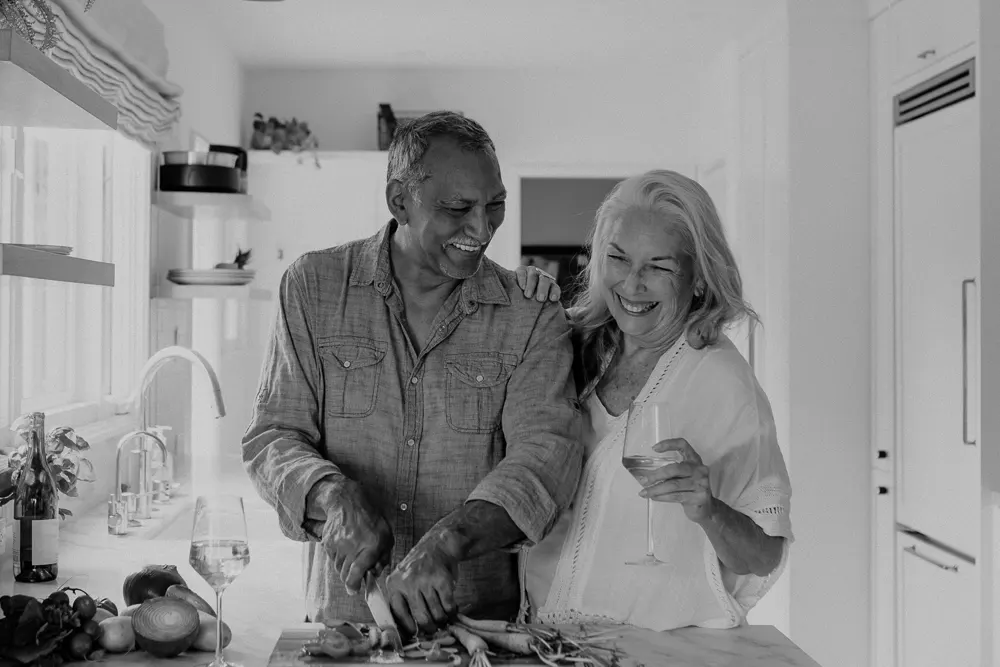
What to Expect When You Become an Alzheimer’s Caregiver
Taking care of a loved one with Alzheimer’s can be hard on your body, your mind, and your emotions. Learning more about Alzheimer’s disease, knowing what to expect, and planning ahead of time can make a big difference.
There are several things you can do to make sure you’re taking care of the needs of your loved one while also meeting your own needs.
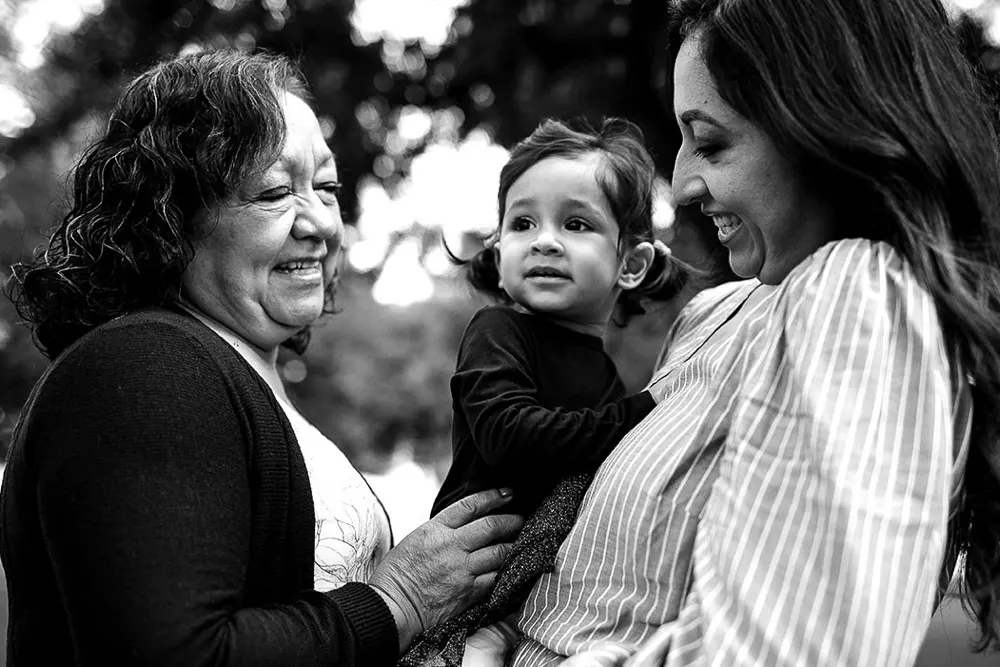
How to Raise the Topic With Your Family
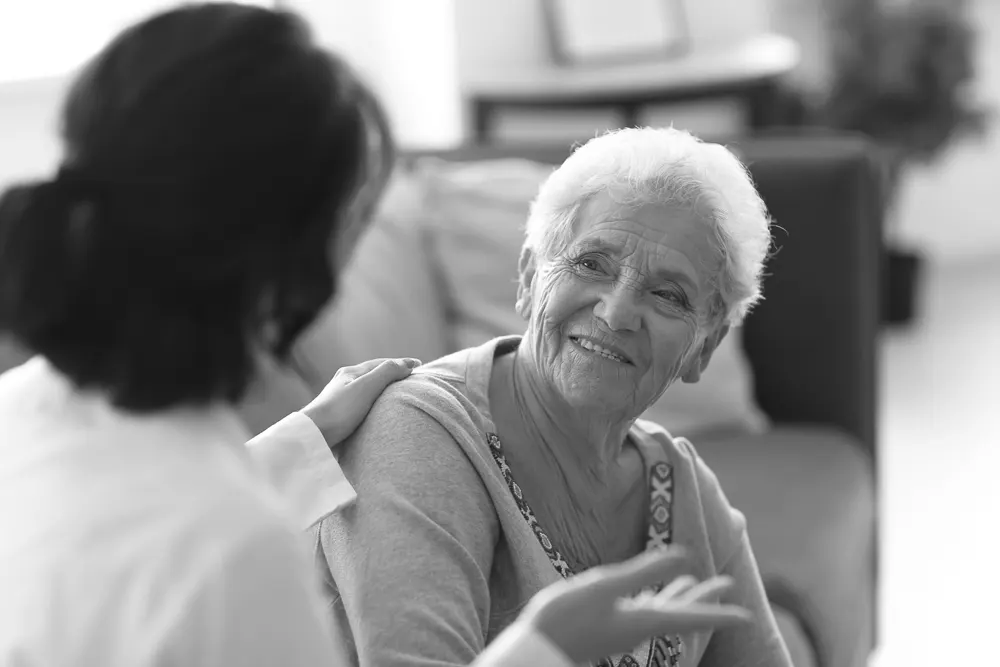
Help Your Loved One Manage Symptoms
Why is it Important for Caregivers to Practice Self-Care?
You can only give the best care to your loved one if you’re also taking the best care of yourself. Alzheimer’s caregivers can take some small, practical steps to make sure you have the support you need. Communicate with the person you are caring for; a successful caregiver dynamic should be a two-way relationship. Make and stick to a routine, including activities that you enjoy. If you enjoy regular exercise, build that time into your weekly schedule. Learn about Alzheimer’s, so that you know what to expect and can plan ahead.
It’s also important to ask for support from others when you need it. Consider finding local resources and build your support network.
You can ask for help from family and friends, organizations in your community, or online. One of the best places to start to find services in your area is the Eldercare Locator. You can also join a local support group.
The UsAgainstAlzheimer’s Facebook community is another great place to find a supportive community.

Self-Care Tips for the Alzheimer’s Caregiver

Your Family’s Journey with Memory Loss

What to Expect When You Become an Alzheimer’s Caregiver
Taking care of a loved one with Alzheimer’s can be hard on your body, your mind, and your emotions. Learning more about Alzheimer’s disease, knowing what to expect, and planning ahead of time can make a big difference.
There are several things you can do to make sure you’re taking care of the needs of your loved one while also meeting your own needs.

How to Raise the Topic With Your Family

Help Your Loved One Manage Symptoms
Why is it Important for Caregivers to Practice Self-Care?
You can only give the best care to your loved one if you’re also taking the best care of yourself. Alzheimer’s caregivers can take some small, practical steps to make sure you have the support you need. Communicate with the person you are caring for; a successful caregiver dynamic should be a two-way relationship. Make and stick to a routine, including activities that you enjoy. If you enjoy regular exercise, build that time into your weekly schedule. Learn about Alzheimer’s, so that you know what to expect and can plan ahead.
It’s also important to ask for support from others when you need it. Consider finding local resources and build your support network.
You can ask for help from family and friends, organizations in your community, or online. One of the best places to start to find services in your area is the Eldercare Locator. You can also join a local support group.
The UsAgainstAlzheimer’s Facebook community is another great place to find a supportive community.



